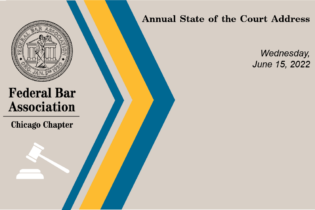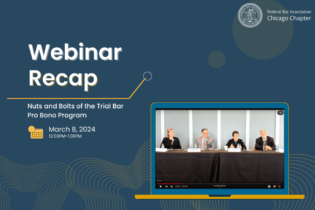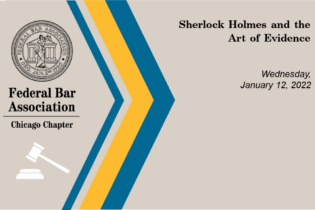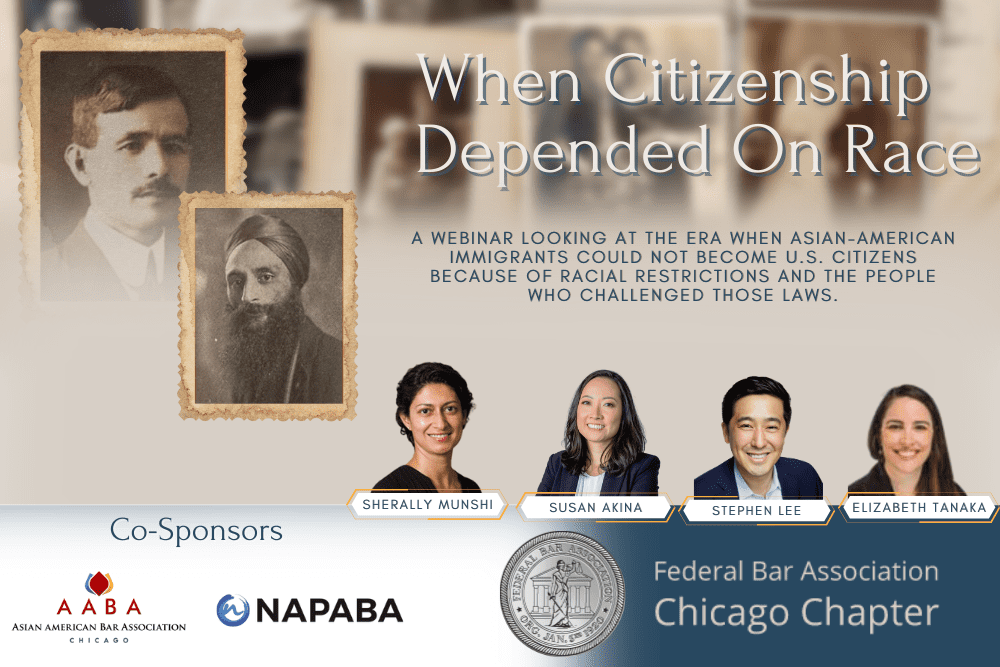
When Citizenship Depended on Race: Unveiling the Hidden History
In a recent webinar titled “When Citizenship Depended on Race,” participants delved into the historical era when Asian Americans faced racial restrictions on U.S. citizenship. Esteemed speakers shared insights on the impact of legal exclusion. Additionally, they drew attention to the intersection of race, empire, and Asian American legal history.
The webinar followed an in-person event held on May 3rd, 2023 by the Federal Bar Association Chicago Chapter. This event took place in collaboration with the U.S. District Court for the Northern District of Illinois, the Asian American Bar Association of Greater Chicago, and other Asian American bar associations, including the National Asian Pacific American Bar Association.
Unveiling the Era: When Citizenship Depended on Race
Elizabeth Tanaka, a visiting assistant professor of law, discussed the early race-based restrictions on citizenship faced by Asian Americans. Throughout her presentation, Tanaka highlighted Asian American participation in the Civil War. Simultaneously, she drew attention to the limited naturalization opportunities under the 1790 Naturalization Act. Despite Asian Americans serving in wars such as the War of 1812 and the Battle of New Orleans, their path to citizenship remained challenging due to the narrow definition of “white” in the Naturalization Act.
During the Civil War, Asian American soldiers confronted barriers to citizenship despite their service and sacrifice. Stories of individuals like Tong Kee Hang and Thomas Sylvanus underscored the discrimination faced by Asian American soldiers. Moreover, it emphasized their fight for recognition as American citizens.
The webinar explored the legal challenges faced by Chinese Americans in obtaining U.S. citizenship. Judges struggled to interpret the Naturalization law and define “white.” The adoption of German naturalist Blumenbach’s classification of Caucasians as white significantly influenced the understanding of race and citizenship for Asian Americans. The 1870 Ah Yup court decision concluded that Chinese people were not considered white. However, some judges granted citizenship to Chinese individuals, leading to further legal battles as well as the Chinese Exclusion Act.
Notable Legal Battles: Hong Yen Chang and the Thind Case
Stephen Lee, a lawyer who is a board member of the FBA Chicago Chapter and the Asian American Bar Association of Greater Chicago, discussed Hong Yen Chang, who became the first Chinese American lawyer in the United States. Despite being naturalized by a sympathetic judge and then admitted to the New York bar, the California Supreme Court ruled against his admission when he moved there because he was not white..
The cases of Takao Ozawa, Takuji Yamashita, and Bhagat Singh Thind brought the question of racial eligibility for citizenship to the Supreme Court in the early 1920s. The court ruled against all three with decisions that reinforced racial restrictions on citizenship and exposed the discriminatory nature of the naturalization process for Asian immigrants.
When Citizenship Depended on Race: Shedding Light on Asian American Resilience
Changes in immigration laws following World War II and the civil rights era allowed for greater opportunities for Asian Americans to obtain citizenship. The presentation highlighted the impact of these changes and emphasized the importance of local bar associations for Asian American attorneys.
The webinar offered valuable insights into Asian American legal history. Furthermore, it covered the numerous challenges faced by Asian Americans in their pursuit of citizenship. It shed light on the discriminatory practices and the resilience of Asian American communities in fighting for their rights. Understanding this history is crucial for acknowledging the progress made. Furthermore, it is vital for recognizing the ongoing work needed to create a more inclusive and equitable society.
For the full overview, please watch the full webinar on YouTube. To continue the conversation, feel free to connect with Susan Akina, Stephen Lee, and Elizabeth Tanaka.
Do you want to stay involved with the Federal Bar Association Chicago Chapter? Explore our upcoming events and educational opportunities for attorneys!

